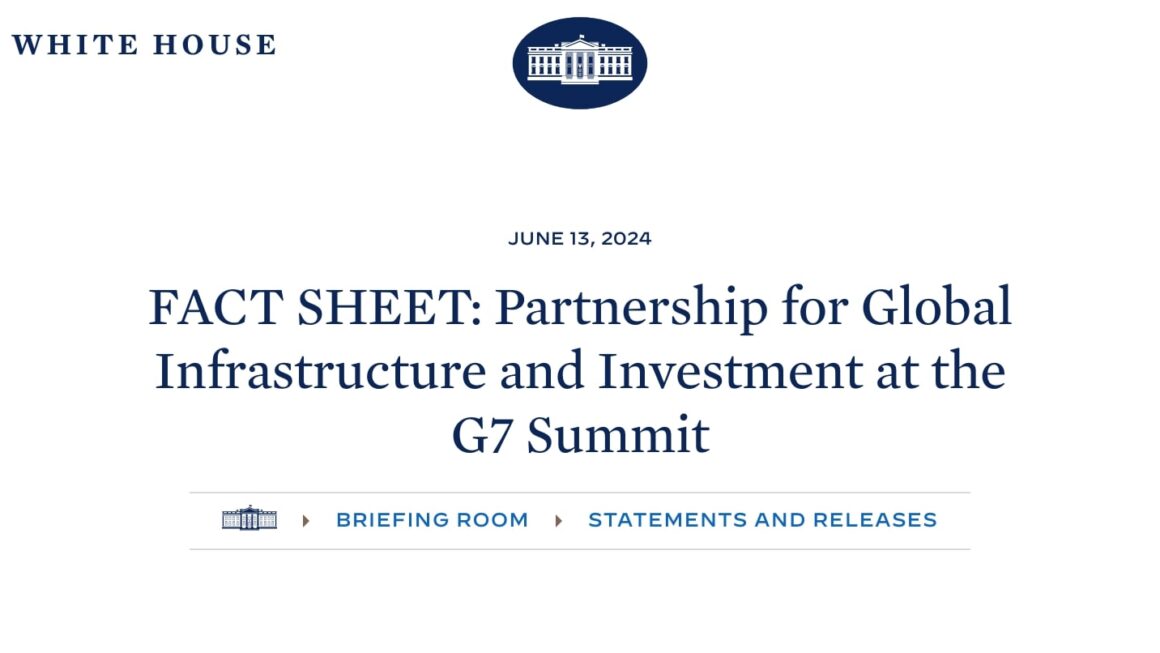BRICS Oil Monopoly and the USA’s Oil Reserve Challenge: Shaping Global Energy Equations
The emergence of the BRICS alliance as a potential oil monopoly and the United States’ ongoing challenges with oil reserves are reshaping the dynamics of global energy markets. As the world watches the transformation of energy geopolitics, questions arise about the implications for international trade, diplomacy, and the future of the global economy.
BRICS: A New Energy Monopoly?
The BRICS alliance, comprising Saudi Arabia, Iran, Argentina, Egypt, Ethiopia, and the United Arab Emirates (UAE), holds the potential to control a substantial portion of global oil production. This newfound concentration of oil resources within a select group of nations could grant the BRICS alliance significant sway over energy markets and global economic dynamics.
1. Market Influence and Price Setting: With the majority of global oil production under the control of BRICS member nations, the alliance could influence oil prices by adjusting production levels and export quotas. This influence would extend to both oil-importing nations and fellow oil-exporting countries, potentially shaping the trajectory of global inflation and economic growth.
2. Geopolitical Leverage: The BRICS alliance’s control over such a significant portion of oil production could also translate into geopolitical leverage. The ability to manipulate oil supply and distribution could give these nations unprecedented diplomatic bargaining power and influence over international negotiations.
3. Trade Relationships: As oil remains a critical component of the global economy, the BRICS alliance’s dominance in oil production could impact their trade relationships. They may choose to leverage their oil reserves to establish favorable trade terms, strengthening economic ties with both oil-importing and oil-exporting countries.
US Oil Reserves Challenge
In contrast to the BRICS alliance’s potential oil monopoly, the United States faces challenges regarding its oil reserves and production capacities. Despite being one of the world’s largest oil consumers and producers, the US has grappled with maintaining sufficient reserves to ensure energy security.
1. Strategic Reserves and Vulnerabilities: The US Strategic Petroleum Reserve (SPR) serves as a buffer against disruptions in oil supply. However, its capacity is limited compared to the potential global oil monopoly of the BRICS alliance. This lack of significant reserves leaves the US vulnerable to supply disruptions and geopolitical shocks.
2. Economic and Energy Security: The US heavily relies on oil for various industries, transportation, and energy generation. The inadequacy of oil reserves could expose the country to economic volatility, affecting inflation, energy costs, and overall economic stability.
3. Transition to Renewable Energy: The ongoing global transition to renewable energy sources underscores the need for the US to diversify its energy portfolio. As other countries invest in cleaner alternatives, the US faces a pressing need to reduce its dependence on oil, both for environmental reasons and to enhance its energy security.
4. Geopolitical Implications: In an era where energy holds immense geopolitical significance, the US’s oil reserve challenges could influence its international standing. Energy-dependent economies and diplomatic relationships may be impacted by the United States’ struggles to maintain adequate oil reserves.
The Path Forward
The potential BRICS oil monopoly and the US’s oil reserve challenges raise important questions about the future of global energy security, trade, and diplomacy. As the world grapples with environmental concerns and shifts toward sustainable energy sources, nations must strike a balance between energy needs, economic stability, and geopolitical influence.
In conclusion, the concentration of oil production within the BRICS alliance presents a unique global energy landscape, offering potential dominance and geopolitical power. Conversely, the United States’ lack of significant oil reserves highlights its vulnerabilities in the face of supply disruptions. The ongoing energy transition and changing energy dynamics emphasize the importance of strategic planning, international collaboration, and innovative solutions to ensure a sustainable and secure energy future for all.














